MORAL TRIBES
MORAL TRIBES
EMOTION, REASON, AND THE GAP
BETWEEN US AND THEM
Joshua Greene

ATLANTIC BOOKS
London
First published in the United States of America in 2013 by Penguin Press, a member of Penguin Group (USA) LLC.
First published in Great Britain in 2014 by Atlantic Books, an imprint of Atlantic Books Ltd.
Copyright Joshua D. Greene, 2013
The moral right of Joshua D. Greene to be identified as the author of this work has been asserted by him in accordance with the Copyright, Designs and Patents Act of 1988.
Illustration credits appear on pages 404405.
Excerpt from My Favorite Things, music by Richard Rodgers and lyrics by Oscar Hammerstein II. Copyright 1959 by Richard Rodgers and Oscar Hammerstein II. Copyright renewed. Williamson Music owner of publication and allied rights throughout the world. International copyright secured. All rights reserved. Used by permission.
All rights reserved. No part of this publication may be reproduced, stored in a retrieval system, or transmitted in any form or by any means, electronic, mechanical, photocopying, recording, or otherwise, without the prior permission of both the copyright owner and the above publisher of this book.
10 9 8 7 6 5 4 3 2 1
A CIP catalogue record for this book is available from the British Library.
Hardback ISBN: 978-1-78239-336-8
Trade paperback ISBN: 978-1-78239-337-5
E-book ISBN: 978-1-78239-338-2
Paperback ISBN: 978-1-78239-339-9
Book design by Amanda Dewey
Printed in Great Britain
Atlantic Books
An Imprint of Atlantic Books Ltd
Ormond House
2627 Boswell Street
London
WC1N 3JZ
www.atlantic-books.co.uk
For Andrea
Man will become better when you show him what he is like.
ANTON CHEKHOV
 The philosophy of one century is the common sense of the next
The philosophy of one century is the common sense of the next
FORTUNE COOKIE, TIGER NOODLES, PRINCETON, NEW JERSEY
Contents
Introduction
The Tragedy of Commonsense Morality
T o the east of a deep, dark forest, a tribe of herders raises sheep on a common pasture. Here the rule is simple: Each family gets the same number of sheep. Families send representatives to a council of elders, which governs the commons. Over the years, the council has made difficult decisions. One family, for example, took to breeding exceptionally large sheep, thus appropriating more of the commons for itself. After some heated debate, the council put a stop to this. Another family was caught poisoning its neighbors sheep. For this the family was severely punished. Some said too severely. Others said not enough. Despite these challenges, the Eastern tribe has survived, and its families have prospered, some more than others.
To the west of the forest is another tribe whose herders also share a common pasture. There, however, the size of a familys flock is determined by the familys size. Here, too, there is a council of elders, which has made difficult decisions. One particularly fertile family had twelve children, far more than the rest. Some complained that they were taking up too much of the commons. A different family fell ill, losing five of their six children in one year. Some thought it unfair to compound their tragedy by reducing their wealth by more than half. Despite these challenges, the Western tribe has survived, and its families have prospered, some more than others.
To the north of the forest is yet another tribe. Here there is no common pasture. Each family has its own plot of land, surrounded by a fence. These plots vary greatly in size and fertility. This is partly because some Northern herders are wiser and more industrious than others. Many such herders have expanded their lands, using their surpluses to buy land from their less prosperous neighbors. Some Northern herders are less prosperous than others simply because they are unlucky, having lost their flock, or their children, to disease, despite their best efforts. Still other herders are exceptionally lucky, possessing large, fertile plots of land, not because they are especially wise or industrious but because they inherited them. Here in the North, the council of elders doesnt do much. They simply ensure that herders keep their promises and respect one anothers property. The vast differences in wealth among Northern families have been the source of much strife. Each year, some Northerners die in winter for want of food and warmth. Despite these challenges, the Northern tribe has survived. Most of its families have prospered, some much more than others.
To the south of the forest is a fourth tribe. They share not only their pasture but their animals, too. Their council of elders is very busy. The elders manage the tribes herd, assign people to jobs, and monitor their work. The fruits of this tribes labor are shared equally among all its members. This is a source of much strife, as some tribe members are wiser and more industrious than others. The council hears many complaints about lazy workers. Most members, however, work hard. Some are moved to work by community spirit, others by fear of their neighbors reproach. Despite their challenges, the Southern tribe has survived. Its families are not, on average, as prosperous as those in the North, but they do well enough, and in the South no one has ever died in winter for want of food or warmth.
One summer, a great fire burned through the forest, reducing it to ash. Then came heavy rains, and before long the land, once thick with trees, was transformed into an expanse of gently rolling grassy hills, perfect for grazing animals. The nearby tribes rushed in to claim the land. This was a source of much strife. The Southern tribe proclaimed that the new pastures belonged to all people and must be worked in common. They formed a new council to manage the new pastures and invited the other tribes to send representatives. The Northern herders scoffed at this suggestion. While the Southerners were making their big plans, Northern families built houses and stone walls and set their animals to graze. Many Easterners and Westerners did the same, though with less vigor. Some families sent representatives to the new council.
The four tribes fought bitterly, and many lives, both human and animal, were lost. Small quarrels turned into bloody feuds, which turned into deadly battles: A Southern sheep slipped into a Northerners field. The Northerner returned it. Another Southern sheep did the same. The Northerner demanded a fee to return it. The Southerners refused to pay. The Northerner slaughtered the sheep. Southerners took three of the Northerners sheep and slaughtered them. The Northerner took ten of the Southerners sheep and slaughtered them. The Southerners burned down the Northerners farmhouse, killing a child. Ten Northern families marched on the Southerners meetinghouse and set it ablaze, killing dozens of Southerners, including many children. Back and forth they went with violence and vengeance, soaking the green hills with blood.
To make matters worse, tribes from distant lands arrived to settle the new pastures. One tribe claimed the new pastures as a gift to them from their god. The burning of the great forest and the greening of the hills had been prophesied in their holy book, they said. Another tribe claimed the new pastures as their ancestral homeland, from which they had been driven many generations ago, before there was a forest. Tribes arrived with rules and customs that seemed to outsiders rather strange, if not downright ridiculous: Black sheep must not sleep in the same enclosure as white sheep. Women must have their earlobes covered in public. Singing on Wednesdays is strictly forbidden. One man complained of a neighboring woman who, while tending her sheep, bared her earlobes in plain view of his impressionable sons. The woman refused to cover her earlobes, and this filled her pious neighbor with rage. A little girl told a little boy that the god to which his family prayed did not exist. The shocked boy reported this to his father, who complained to the girls father. The father defended his daughter, praising her fierce intelligence, and refused to apologize. For this he was killed, as required by the laws of the tribe he had offended. And so began another bloody feud.


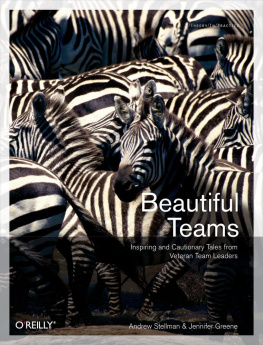


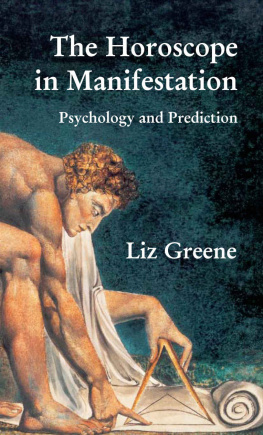


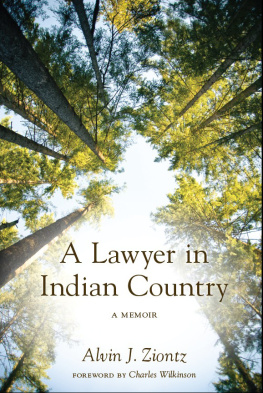

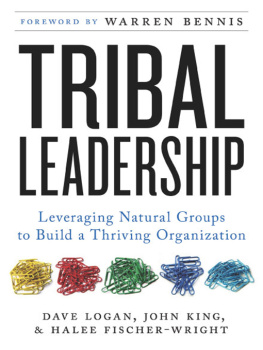
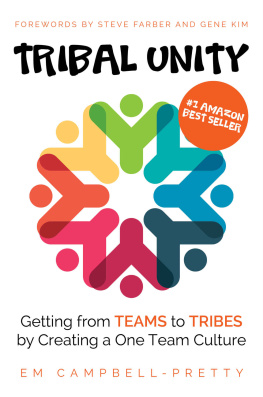
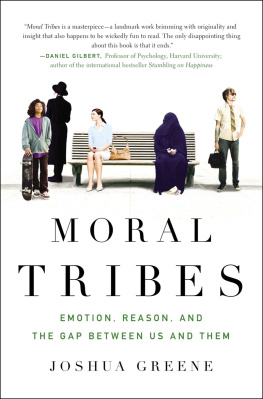
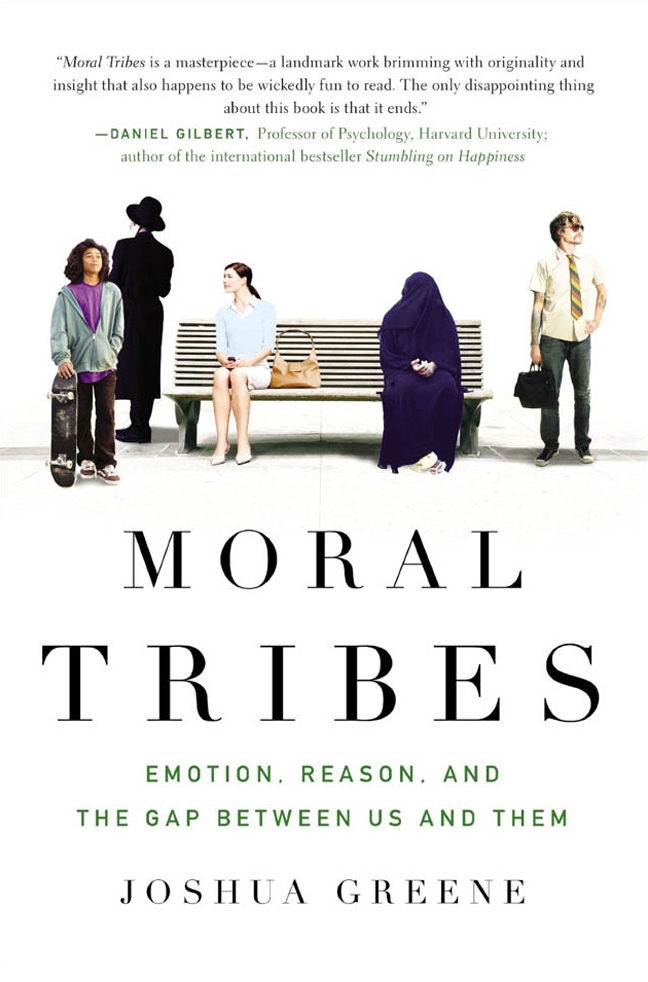

 The philosophy of one century is the common sense of the next
The philosophy of one century is the common sense of the next